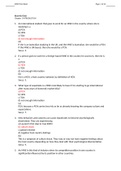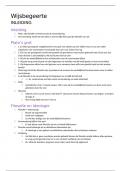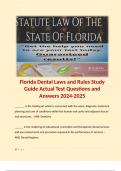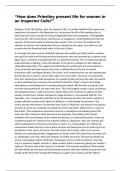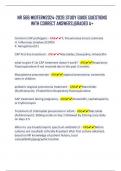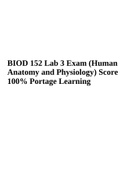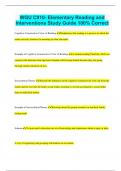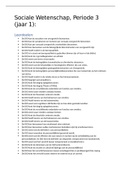Exam (elaborations)
IHRM 0988Test Bank Global Human Resource International Human Resource
- Module
- Institution
IHRM 0988Test Bank Global Human Resource International Human Resource/IHRM 0988Test Bank Global Human Resource International Human Resource/IHRM 0988Test Bank Global Human Resource International Human Resource/IHRM 0988Test Bank Global Human Resource International Human Resource/IHRM 0988Test Bank ...
[Show more]
